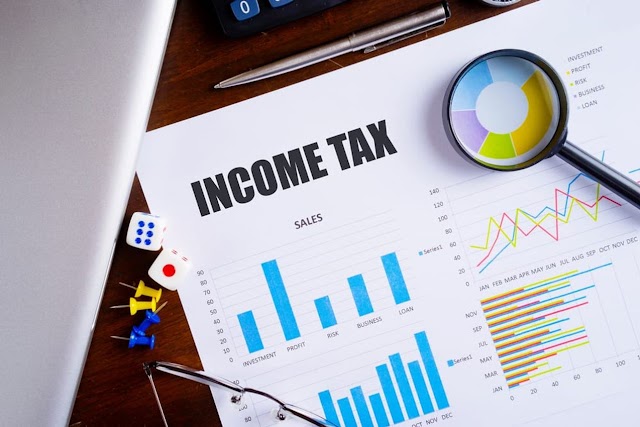ITR
FIling 2018-19: It is that time of the year when people are gearing up
to file their income tax returns and as the July 31 deadline comes
closer, it is important for taxpayers to know intricate details with
regards to income tax filing as it helps in saving extra during the
process. Many taxpayers miss out on exemptions and benefits as they are
not aware of the tax department’s provisions that allow certain
exemptions.
Having said that, taxpayers should note that there are many deductions that can be claimed while filing income tax, particularly under Section 80 (C), 80(CCC) and 80(CCD) of the Income Tax Act, 1961. According to tax portal Cleartax, there are various deductions that can be claimed by taxpayers from his/her total income.
Deductions under Section 80(C): The tax portal suggested that under this section, a deduction of up to Rs 1,50,000 lakh can be claimed for an individual’s total income. This essentially means that you can save up to Rs 1,50,000 from your total taxable income under the section. It is worth mentioning that the deductions under this section are allowed to an individual or a Hindu Undivided Family (HUF). Under the section, individuals can claim deductions for investments towards PPF, FD, NSC, ELSS, SCSS, NPS term insurance, ULIPs, and also life insurance policies. You can also claim a refund for Mediclaim, tuition fees and others.
Deductions under Section 80(CCC): Apart from Section 80(C), individuals can also claim deductions for the premium paid for an annuity of LIC or any other insurance policy, according to the tax portal. However, it notes that the insurance plan must be for receiving a pension from funds referred to in Section 10(23AAB).
Deductions under Section 80(CCD): This is another key tool that taxpayers can use to claim a deduction for contribution towards pension account. Under the Section 80CCD(1), individuals who make deposits to pension account can claim a minimum deduction of 10 per cent of the total salary, only if the taxpayer is an employee. The deduction claim can be 20 per cent of the gross income if the taxpayer is self-employed or Rs 1,50,000. Under Section 80CCD(1B), which has been introduced by the department, allows an additional deduction of up to Rs 50,000 for any self-contribution by the taxpayer towards national pension scheme account. Cleartax suggests that the contributions to Atal Pension Yojana are also eligible for deduction. Under Section 80CCD(2), taxpayers can claim an additional deduction of 10 per cent for employer’s contribution to the pension of the employee.
Section 80TTA: The tax portal suggested that employees can even claim deduction benefits for gross total income from interest on savings account up to Rs 10,000. It is worth mentioning that the interest from savings account has to be first mentioned in other sources of income, following which an individual will be able to claim up to Rs 10,000. In this case, an individual or HUF can claim the benefit. This benefit can be claimed when interest is earned on savings from a bank account, co-operative society, post office savings scheme and much more. However, individuals should note that under the section, deductions are not available on interest income from FDs, recurring deposits or any interest earned from corporate bonds.
Section 80GG: This is another section which allows taxpayers to claim deductions in cases where house rent is paid and HRA is not received from the employer. While it is advisable that you claim your HRA from the employer, you can also claim it from the tax department. Under the section, the taxpayer cannot avail deductions if he/she has self-occupied residential property. Individuals should note that the benefit can only be claimed if the taxpayer is living in a rented house and paying rent on a monthly basis.
Section 80E: Under this section, taxpayers can claim deductions on education loans provided for higher studies. It is worth mentioning that the deduction can be claimed even if has been taken for the taxpayer himself, spouse, children or for any student to whom the taxpayer is a legal guardian. While there is no restriction on the amount that can be claimed, the deduction is available for a maximum of eight years, starting from the year when interest starts getting repaid.
Section 80D: Last but not the least, an individual is also eligible to claim deductions for any premium paid towards medical insurance. Under the section, deductions are available to an individual or a HUF. It may be noted that individuals can claim a deduction of up to Rs 25,000 for self-insurance, spouse or dependent children. Besides, the section also allows you to claim insurance for parent – to the tune of Rs 25,000- Rs 1,00,000 – if they are less than 60 years old and Rs 50,000 if the parents are more than 60 years old.
Source: TN





